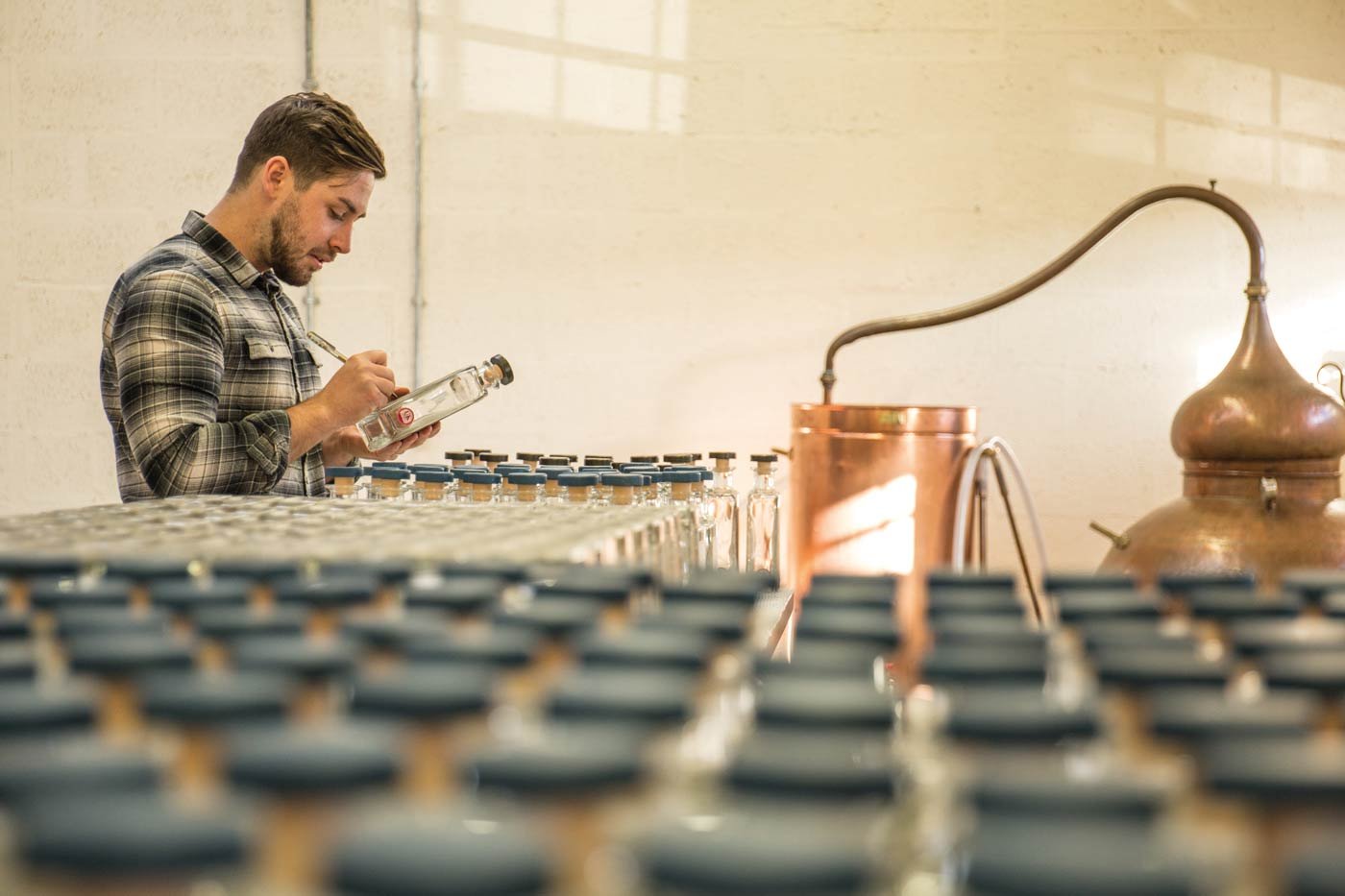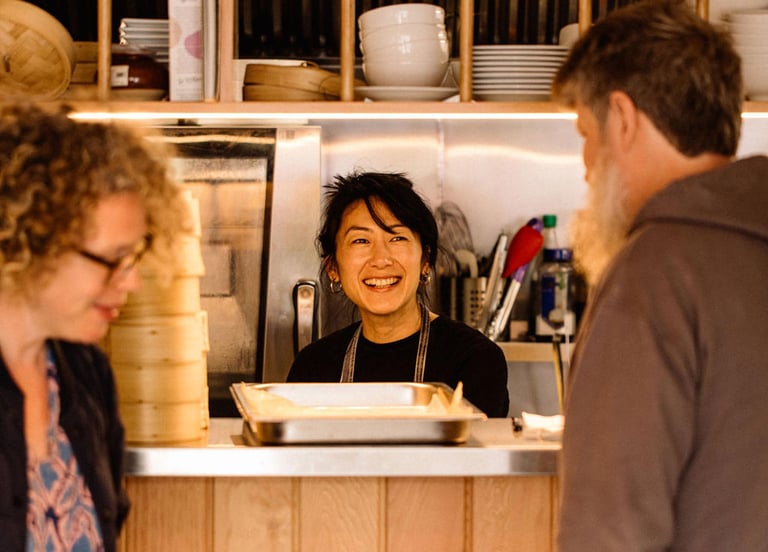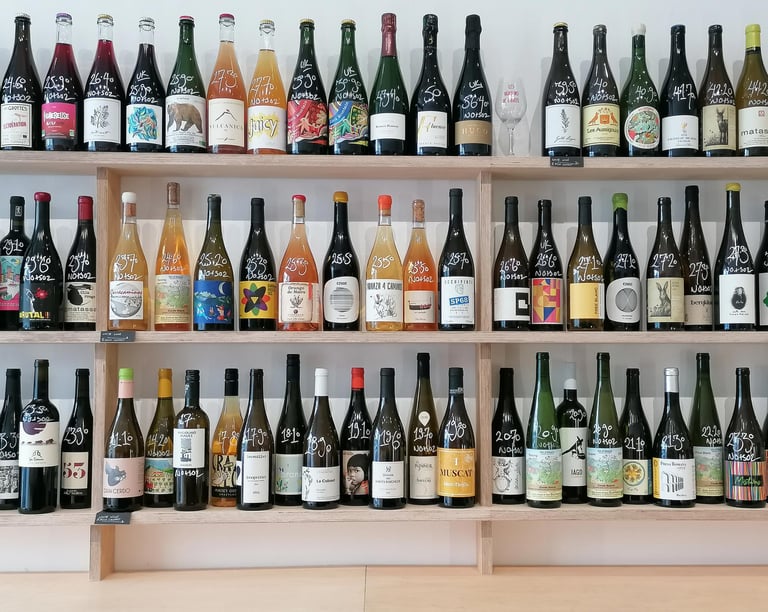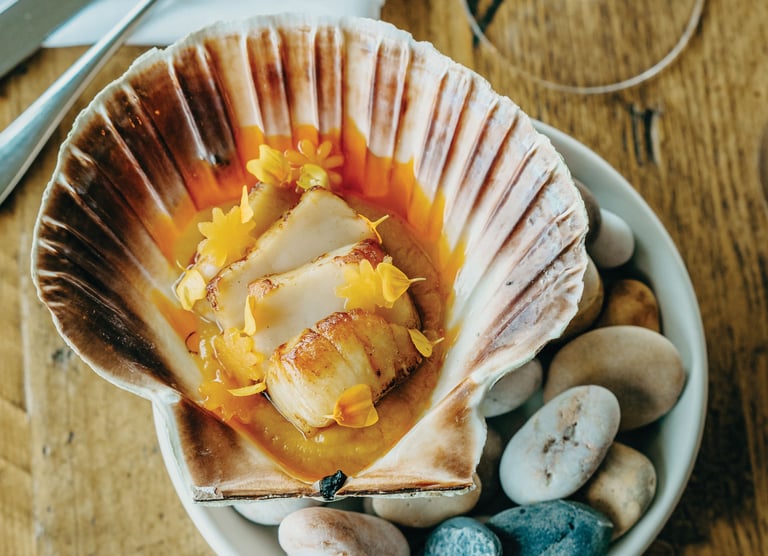Confused about how to pick the cream from the vast crop of gins out there? How to tell what’s “craft” and what’s not – and even what that means? Fear not, craft distiller (and co-owner of Trevethan Distillery) John Hall has you covered
1 LABELLING SOMETHING ‘CRAFT’ DOESN’T MAKE IT CRAFT
The craft spirit movement has boomed over the past five years, driven by a consumer interest in products produced on a small scale. Sadly, a lot of big industries have exploited this increased popularity and bastardised the word ‘craft’ to make money. Craft is something you have to hone and work towards, it’s not something you can earn overnight. There are distilleries, like ours, which have started from scratch and built a business on the back of a true passion.
2 KNOW YOUR GIN TYPES
There are three main types of gin production: London Dry, distilled and compound. As a purist, I believe the London Dry method (which refers to where the method started, not where the gin is made) is the only one which requires an in depth knowledge of distillation. Also known as the ‘one shot method’, London Dry gins cannot be tweaked or added to after distillation, meaning you have to get the botanical proportions right or start again. Distilled and compound methods, however, add botanical essences and flavourings after distillation, usually to a gin base they have bought in from a larger distillery. At Trevethan we use the London Dry method; there are a lot of questionable distilleries that claim they do too.
3 NO TWO GINS ARE IDENTICAL
I’ve tasted a lot of gins and never tried two that taste the same. Everything from the botanicals and water used, to the steeping duration and time of year affect the flavour profile of a gin. So taste it – first neat and then with a tonic – and make your own decision.
4 DON’T BE FOOLED BY AWARDS
As the craft spirit industry has grown, so has the number of competitions handing out awards. Some of these competitions charge distillers a significant amount to enter and the judges aren’t even necessarily experts in the area. However, there are some international comps which approach the judging process with vast expertise such as the International Wines and Spirits Competition and the San Francisco World Spirits Competition.








